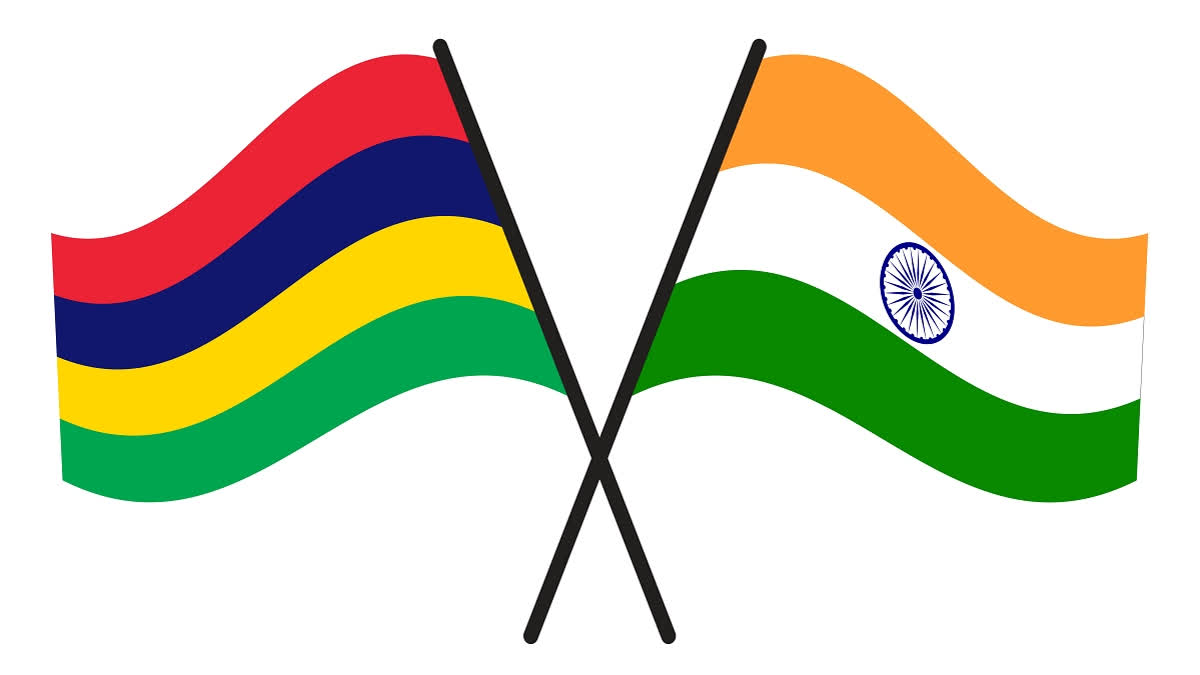New Delhi: India and Mauritius on Monday agreed to expedite regulatory processes relating to certifications in order to make the Jan Aushadhi Kendra established in Mauritius fully functional.
Union health secretary Apurva Chandra during a bilateral meeting with his Mauritius counterpart on the sideline 77th World Health Assembly (WHA) session in Geneva also agreed to expedite the renewal of the Memorandum of Understanding (MoU) with the National Board Of Examinations In Medical Sciences (NBEMS) to facilitate the conduct of examination of medical students who have completed their internship.
Both the countries also agreed to extend cooperation in areas of common interest such as digital health and capacity building of the health workforce. "Mauritius has also sought assistance for identifying IT experts in the field of health willing to work in their country," a government official privy to the development said.
Both countries also agreed on the promotion of health and wellness and preventive measures with a particular focus on traditional systems of medicine and Yoga.
Meanwhile, WHO Director-General Dr Tedros Adhanom Ghebreyesus said that the global health watchdog will continue to support countries to respond to the growing crisis of antimicrobial resistance (AMR), which kills at least 1.3 million people every year.
"Since 2016, the number of countries reporting data on bacterial infections to the Global Antimicrobial Resistance and Use Surveillance System has more than tripled. And with WHO support, 11 more countries developed multisectoral national action plans on AMR last year, bringing the total to 178, and we supported countries to secure new funding for AMR from the Pandemic Fund and the Global Fund," he said in his report at the 77th WHA session in Geneva.
He said this year's UN General Assembly high-level meeting on antimicrobial resistance will be another important opportunity to secure concrete commitments for this urgent global threat.
Expressing attacks on the healthcare workers Dr Tedros said, “We continue to see attacks on health care. Last year, WHO verified 1,510 attacks on health care in 19 countries, with 749 deaths and more than 1200 injuries. Attacking or militarising health care is a violation of international humanitarian law."
He said that one of the biggest disruptions caused by the COVID-19 pandemic was to routine immunisation programmes in many countries, resulting in backsliding coverage and outbreaks of measles, diphtheria, polio, yellow fever and more.
"In April last year, we launched 'The Big Catch Up' with UNICEF and Gavi, to support countries to shut down outbreaks and restore immunisation programmes at least to pre-pandemic levels. This year, most of the 20 countries with the most children who missed out completely on vaccines during the pandemic are launching and implementing their plans to reach those children," said Dr Tedros.
